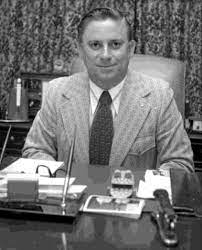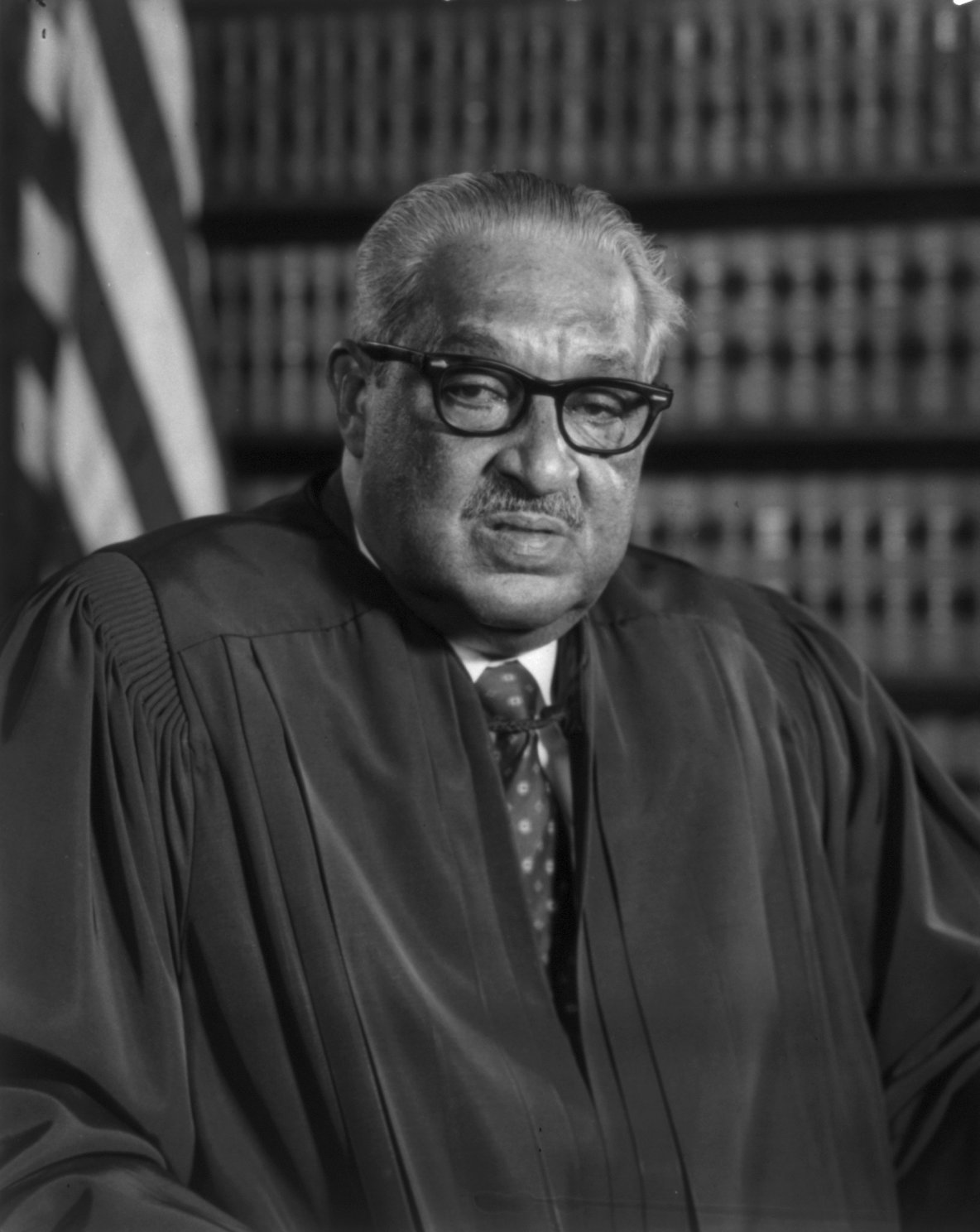
Ford v. Wainwright
Ford v. Wainwright

Alvin Bernard Ford
Alvin Bernard Ford
In 1974, Alvin Bernard Ford, was convicted of murder and sentenced to death. During his trial, Ford showed no signs of mental illness or incompetance. However, over time his mental state worsened, and he began to express signs of schizophrenia. Ford reported that he was being targeted by the KKK, and they were killing his fellow prisoners and burying them within the walls of the prison.
Richard H. Burr explaining what the panel decided on behalf of Ford's mental state.
The Evaluation
A panel of three psychiatrists were brought in the evaluate Ford. In 1983, Dr. Amin concluded that Ford was suffering from psychosis. It was also concluded that Ford had no understanding of why he was being executed, and he made no connection between the crimes of which he had been convicted of and the reasoning for his execution.
"...despite this substantial agreement on medical diagnosis, the Governor's psychiatrists disagreed with the defense psychiatrist concerning the legal consequences as to Mr. Ford's competency of his medical condition."
- Richard H. Burr III

Louie L. Wainwright
Louie L. Wainwright
In 1984, even though there was multiple findings from the panel, Floria’s governor signed a death warrant for Ford. Ford’s lawyers then sued Louie L. Wainwright, the secretary of Florida’s department of corrections. The case then made its way to the supreme court, where the final verdict was reached.
The Verdict
The court in an opinion led by Justice Marshall, joined by Brennan, Blackmun, Powell, and Stevens, interpreted that it would be "cruel and unusual punishment to excute someone who is mentally insane..." under the standard common law test of criminal responsibility (mens rea). After the court found that Ford was incompentant to be executed, he was transferred to Florida State Hospital for treatment.

Justice Thurgood Marshall